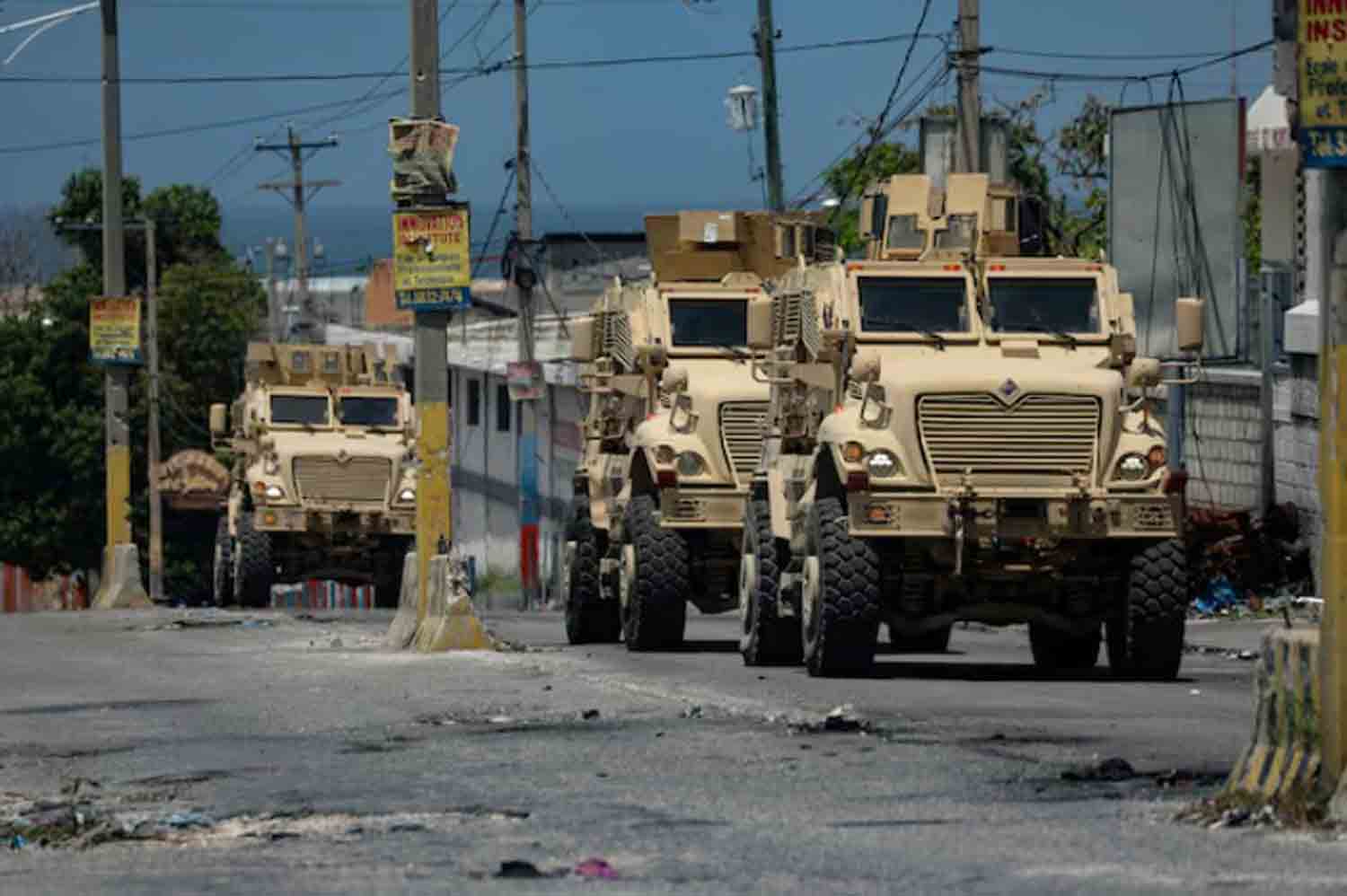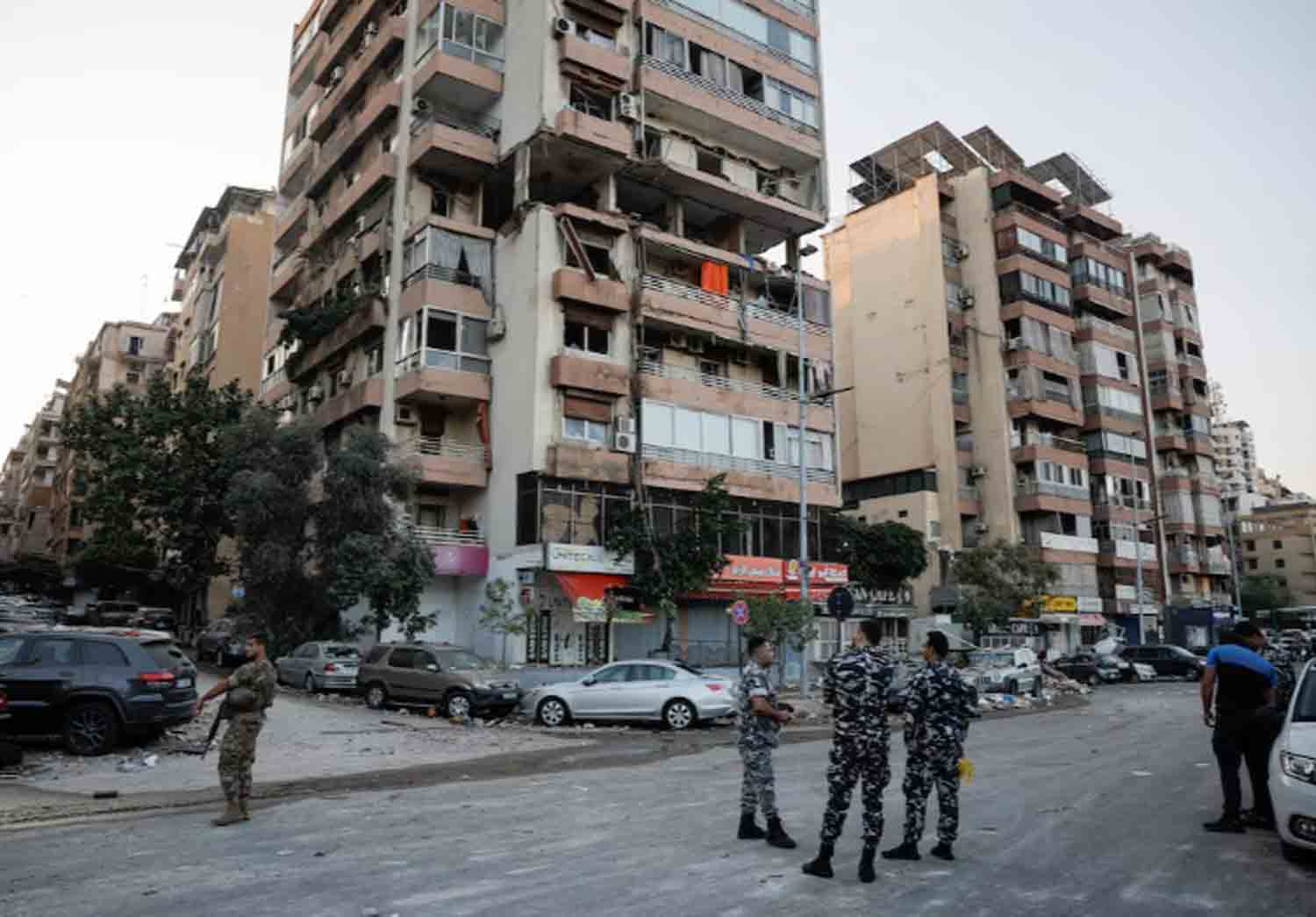The United States has abandoned its initiative for the U.N. Security Council to request a plan to convert a security mission aimed at combating armed gangs in Haiti into a formal U.N. peacekeeping operation. Some diplomats suggested this decision was made to placate Russia and China.
However, a senior official from the U.S. administration countered this interpretation, stating that the shift in strategy was in response to a recent appeal from Edgard Leblanc, the head of Haiti’s transition council, for a U.N. peacekeeping mission.
“It is not a matter of yielding to those who may not prioritize the welfare of the Haitian people,” the official, who requested anonymity, explained. “We are strategically navigating this situation and capitalizing on the momentum expressed by the Haitian president.”
The 15-member Security Council is scheduled to vote on Monday regarding a draft resolution to extend the mandate of the Multinational Security Support (MSS) mission until October 2, 2025. The U.N. initially approved this mission a year ago at the request of the Caribbean nation for assistance.
Diplomats indicate that Russia and China opposed the council’s request for a plan to transition the U.N.-backed security force into a formal U.N. peacekeeping mission, leading the U.S. to eliminate that language from the draft resolution, as reported by Reuters. Deputy Russian U.N. Ambassador Dmitry Polyanskiy stated on Sunday that Russia prefers to give the security force additional time to establish itself, emphasizing, “We don’t want to prejudge the outcome of the MSS. It is too early to draw conclusions.”
During the United Nations General Assembly last week, Haitian leaders expressed concerns about escalating insecurity in the country, despite the partial deployment of the security force. Powerful gangs, armed with weapons primarily trafficked from the United States, have formed a coalition in the capital, gaining control over most of the city and extending their influence to surrounding areas.
On Thursday, Leblanc addressed the U.N. General Assembly, asserting, “I am convinced that this change of status, while acknowledging that past mistakes must not be repeated, would ensure the complete success of the mission in Haiti.”
A senior U.S. official indicated that Washington plans to collaborate with partners in the upcoming weeks to address this issue. During a recent visit to Haiti, U.S. Secretary of State Antony Blinken discussed the possibility of converting the security force into a U.N. peacekeeping mission.
Many Haitians express concerns regarding a U.N. armed presence, recalling past missions that resulted in a severe cholera outbreak and incidents of sexual abuse.
The current international security mission, led by Kenya and authorized by the U.N. Security Council, does not operate under U.N. auspices; instead, it relies on voluntary contributions of funds and personnel from various countries.
Progress has been limited in restoring order in Haiti, with only 400 Kenyan police officers deployed and a significant funding gap.
Earlier this month, U.N. Secretary-General Antonio Guterres stated that deploying a U.N. peacekeeping force may not be the most effective solution for Haiti, which is grappling with a humanitarian crisis characterized by mass displacements, sexual violence, and widespread hunger.
According to U.N. estimates, gang violence has led to the displacement of over 700,000 individuals in Haiti.
Discover more from Defence Talks | Defense News Hub, Military Updates, Security Insights
Subscribe to get the latest posts sent to your email.





